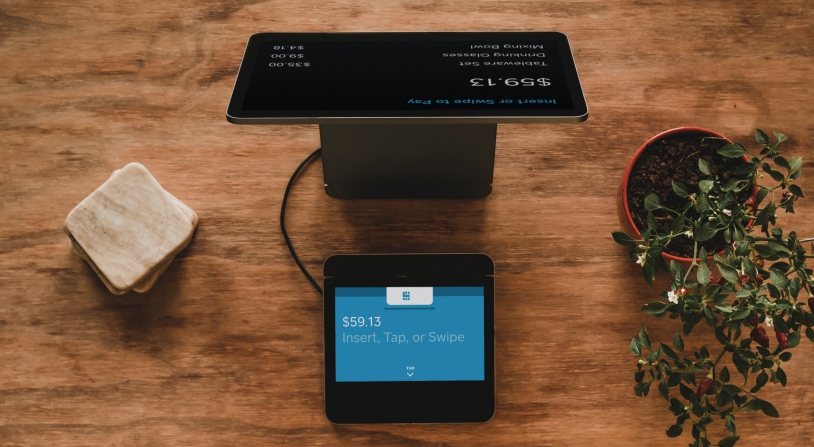Data breaches at major events have exposed millions of attendee records in recent years, with the average cost of a breach reaching $4.45 million in 2023. Event organizers face mounting pressure to protect sensitive attendee information while delivering seamless experiences. The rise of hybrid events and digital platforms has created new vulnerabilities that bad actors actively exploit. As privacy regulations tighten globally, organizers must implement robust security measures or risk devastating financial and reputational damage.
PR Overview
Building a Strong Data Security Foundation
Event security starts with understanding what attendee data you collect and why you need it. Limit data collection to essential information required for event operations. Store sensitive details like payment information using PCI DSS compliant systems with end-to-end encryption.
Implement role-based access controls so staff members can only view the data necessary for their specific duties. Multi-factor authentication adds an extra security layer for accessing attendee databases. Regular security audits help identify and address vulnerabilities before they’re exploited.
Train all event staff on proper data handling procedures and security protocols. This includes guidelines for secure password creation, recognizing phishing attempts, and reporting suspected breaches. Document your security policies and procedures clearly so teams can respond swiftly to incidents.
Securing Digital Event Platforms
Choose event management platforms with strong security credentials and compliance certifications. Key features should include:
- End-to-end encryption for data in transit and at rest
- Regular penetration testing and vulnerability assessments
- Automated security patches and updates
- Detailed access logs and audit trails
- Built-in compliance tools for GDPR, CCPA and other regulations
For virtual and hybrid events, secure video streaming platforms using enterprise-grade encryption. Implement waiting rooms and authenticated access to prevent unauthorized entry. Monitor chat and engagement features for suspicious activity.
Network Security at Physical Venues
On-site networks require special attention as they’re prime targets for attackers. Configure Wi-Fi networks with WPA3 encryption and unique access credentials for different user groups. Place critical systems on separate, secured network segments.
Deploy next-generation firewalls to monitor traffic and block malicious activity. Use VPNs for remote access to event systems. Consider working with venues to conduct joint security assessments and align security controls.
Creating Transparent Data Policies
Clear communication about data handling builds trust with attendees. Develop plain-language privacy policies explaining:
- What data you collect and why
- How you protect and use the information
- Who has access to the data
- How long you retain records
- Attendee rights regarding their data
Make these policies easily accessible during registration and throughout the event. Use opt-in consent for data collection beyond basic event operations. Give attendees control over their privacy settings and communication preferences.
Incident Response Planning
Despite best efforts, breaches can still occur. Have documented incident response procedures ready:
- Assemble a response team with defined roles
- Create communication templates for different scenarios
- Establish criteria for breach notifications
- Document evidence preservation procedures
- Plan coordination with law enforcement
- Outline post-incident analysis process
Test these procedures regularly through tabletop exercises. Update plans based on lessons learned and emerging threats.
Managing Public Relations After Security Incidents
When breaches occur, swift and transparent communication is essential. Notify affected individuals promptly with clear details about:
- What happened and when
- What data was compromised
- Steps taken to contain the incident
- Resources for identity protection
- Contact information for questions
Work with PR experts to craft messaging that maintains transparency while protecting investigation integrity. Monitor social media and respond quickly to concerns. Document all communications for compliance purposes.
Vendor Security Management
Third-party vendors often handle sensitive attendee data. Establish security requirements in vendor contracts including:
- Minimum security controls and certifications
- Regular security assessments
- Incident reporting obligations
- Data handling restrictions
- Breach notification timelines
Regularly review vendor security practices and compliance. Limit vendor access to only necessary data and systems.
The cybersecurity landscape continues evolving as threats grow more sophisticated. Event organizers must stay vigilant and adapt security measures accordingly. Start by assessing your current security posture against industry standards. Develop a roadmap to address gaps, prioritizing measures that protect your most sensitive data. Remember that security is an ongoing process requiring constant attention and updates as new threats emerge.
The Impact of Digital PR on Fintech Growth
Digital public relations has become a defining force in fintech success, with data showing that...
Social Responsibility in Martech: How PR Builds Brand Trust
Public relations teams stand at the forefront of protecting and promoting responsible practices in...
How PR Promotes Innovation in the Gaming Sector
Public relations plays a vital role in showcasing technological advancements and unique features...




